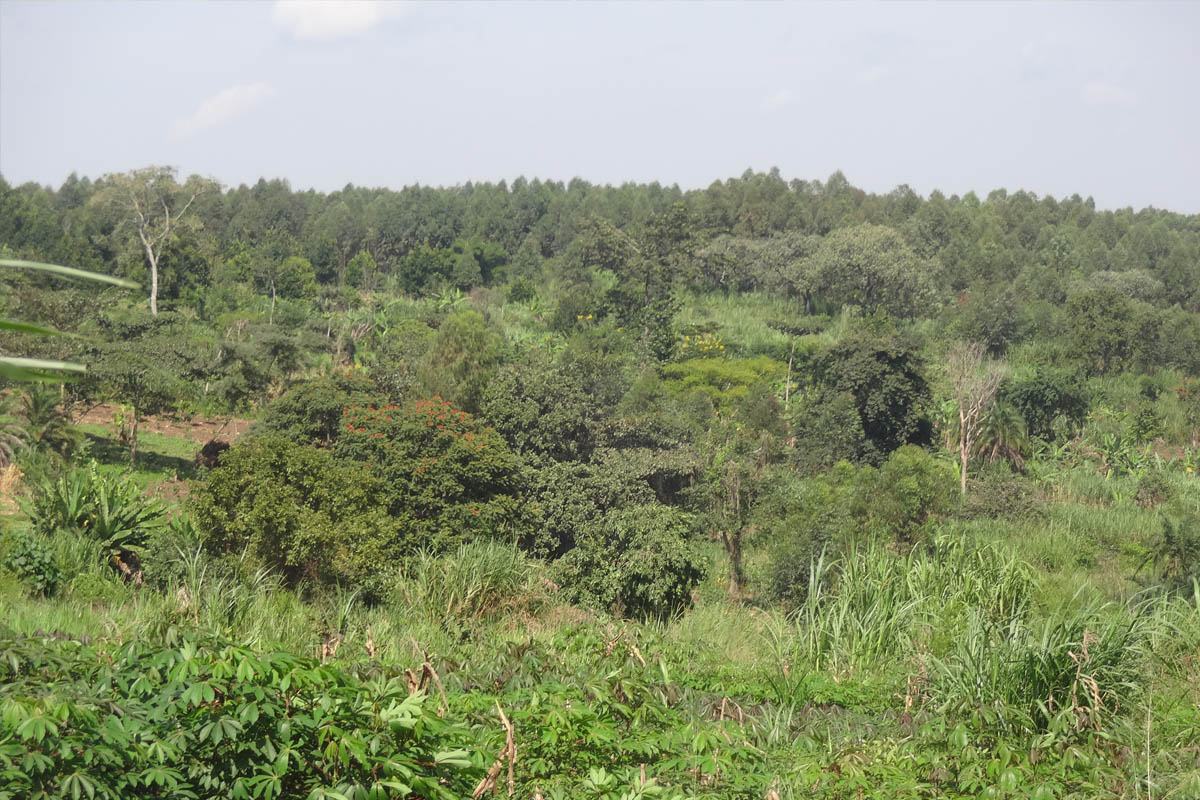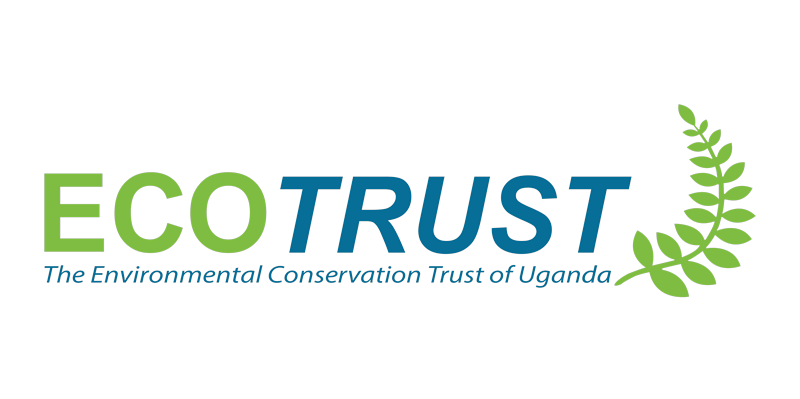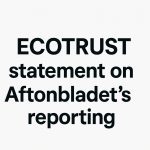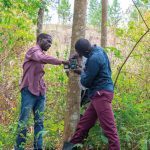
ECOTRUST on behalf of a group of conservation organizations active in the Northern Albertine Rift has made a counter offer to the Bunyoro Kitara Kingdom to enter into a conservation agreement that is far more superior to the conversion of forests into sugarcane. This agreement will provide opportunities to conserve the Bugoma Forest while at the same time generating significant income for the Kingdom coupled with a variety of other environmental, cultural and social-economic benefits.
ECOTRUST is seeking a win: win solution following the kingdom’s lease of 5,779 hectares of forest land to Hoima Sugar Limited for sugar production. We believe that conversion of this land into sugarcane plantations will have crippling effects on this sensitive eco-system, known to contain more vertebrate and endemic species than any other region on the African continent. The President of Uganda issued a directive in February 2020 for the entire Bugoma Central Forest reserve (measuring approximately 41,444ha) to be remapped in order to ascertain the true forest boundaries, we are however of the view that regardless of the custodianship, the forest should continue providing its services.
ECOTRUST supports Run for Nature Marathon – Sugar Free Forests
As part of the efforts to halt the conversation of Bugoma forest into sugarcane plantations, a 4th edition of the Run for Nature Marathon was organized by the Association for the Conservation of Bugoma Forest (ACBF) under the theme ‘Sugar free forests’.
The much-anticipated marathon scheduled for 29th March was put together in commemoration of the International day of forests, but more specifically to raise public awareness on the effects of converting forests into commercial agricultural land, especially sugarcane plantations – a trend that is cropping up around Uganda. The marathon was however postponed indefinitely following the government lockdown measures in combating the covid-19 pandemic.
ECOTRUST continues to be part of the efforts to promote, maintain and restore ecosystems critical for the provision of International Public Goods (IPG) such as food security, water provision, climate resilience and biodiversity.





Follow Us On